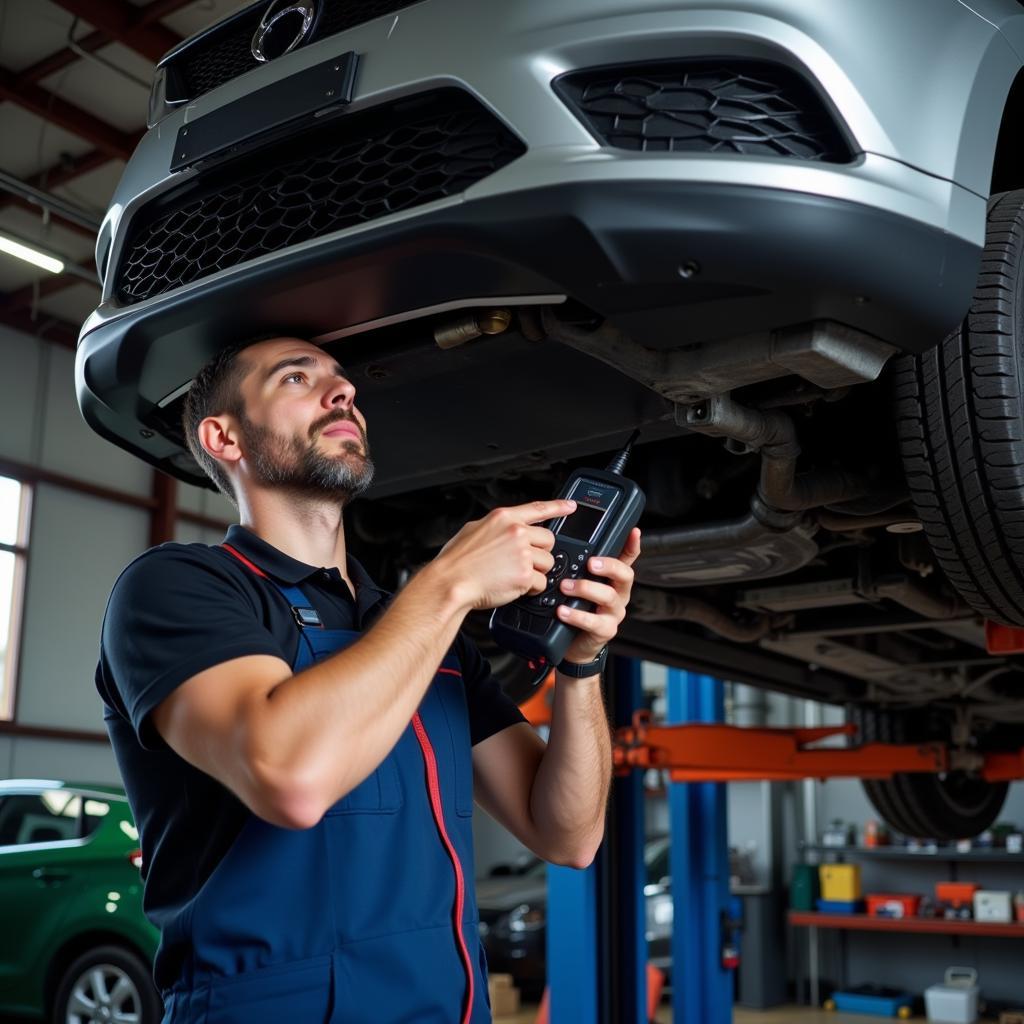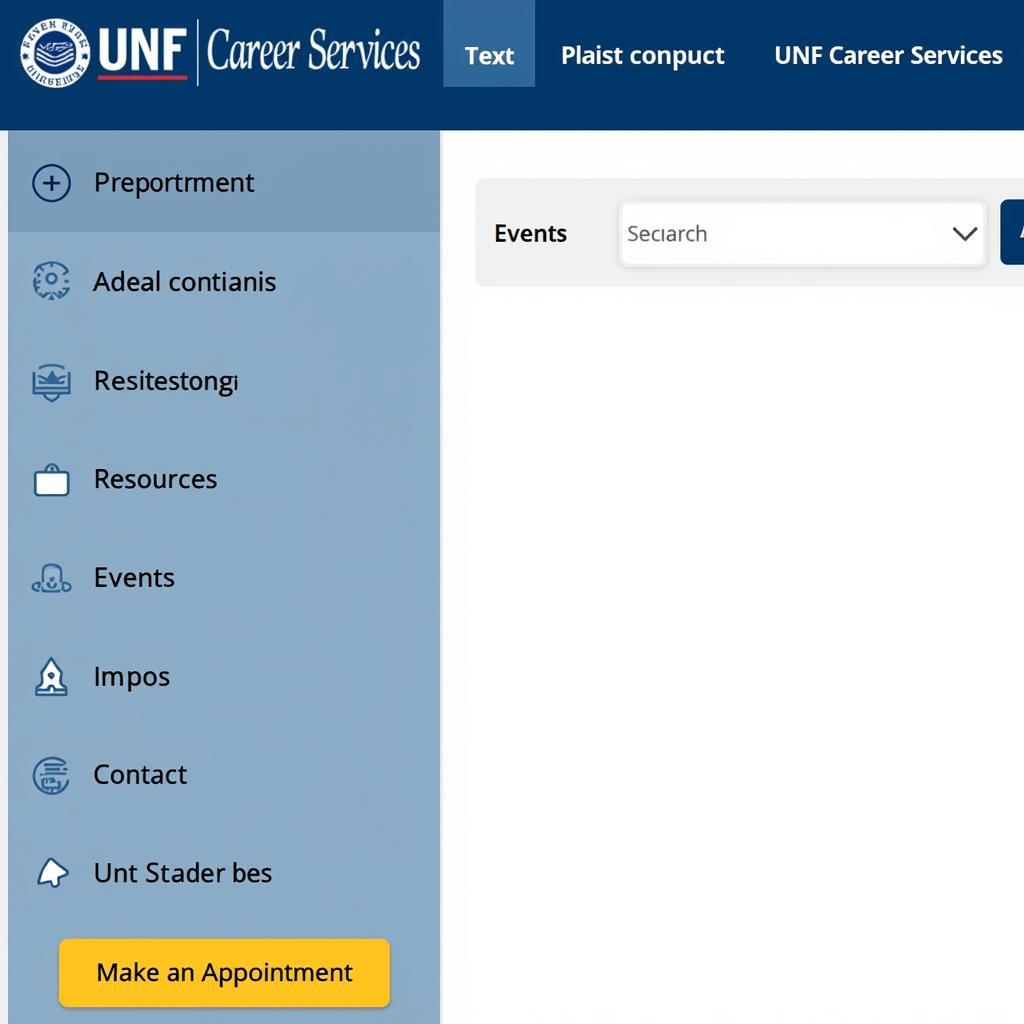When Should You Take Your Car in for Service?
Knowing when to take your car in for service can be confusing. Between manufacturer recommendations, dashboard lights, and unusual noises, it’s hard to know what signals a necessary trip to the mechanic. This article will help you understand the various factors that determine when your car needs professional attention, empowering you to keep your vehicle running smoothly and safely.
Getting your car serviced regularly is crucial for its longevity and performance. It’s not just about fixing problems; it’s about preventing them. Scheduled maintenance can catch small issues before they become major headaches, saving you money and stress in the long run. Have you considered how often you should be bringing your car in? Check out our guide on how often should you bring your car in for service.
Understanding Your Car’s Maintenance Schedule
Every car comes with a recommended maintenance schedule outlined in the owner’s manual. This schedule is based on mileage and time intervals and covers everything from oil changes and tire rotations to more complex checks like brake inspections. Following this schedule is the best way to ensure your car receives the necessary care at the right time.
Decoding the Maintenance Schedule
While seemingly complex, your car’s maintenance schedule is actually quite straightforward. It typically outlines services based on mileage intervals, such as every 5,000, 10,000, or 30,000 miles. It also considers time, recommending certain services every six months or year, regardless of mileage. This is particularly important for vehicles that aren’t driven frequently. Knowing when to take your car in for service begins with understanding this schedule.
Recognizing Warning Signs
Even with regular maintenance, unexpected issues can arise. Paying attention to warning signs can help you catch problems early and prevent further damage. These signs can range from obvious indicators like dashboard warning lights to more subtle clues like unusual noises or changes in performance.
Dashboard Warning Lights
Your car’s dashboard is equipped with various warning lights designed to alert you to potential problems. Ignoring these lights can lead to costly repairs down the line. From the check engine light to the oil pressure warning, each light signifies a specific issue requiring attention. You can find more information about specific warning lights in your owner’s manual or online resources. If you’re unsure what a specific warning light means, it’s best to err on the side of caution and have it checked by a professional. What does “service ESC” mean? Our article on what does service esc mean in a car provides comprehensive information on this important warning.
Unusual Noises
Unusual noises, such as squeaks, grinding, or knocking, can indicate a problem with your car’s brakes, suspension, or engine. While some noises might be minor, others can signify serious issues requiring immediate attention.
 Car Making Unusual Noises
Car Making Unusual Noises
Changes in Performance
Changes in your car’s performance, such as decreased fuel efficiency, difficulty starting, or sluggish acceleration, can also be warning signs. These changes might be subtle at first, but they can worsen over time if left unaddressed. Need help figuring out how often to schedule service? Read our guide on how often should you take your car in for service.
“Regular maintenance is like brushing your teeth for your car,” says automotive expert, Michael Stevens. “It might seem tedious, but it’s essential for long-term health and prevents bigger problems down the road.”
The Importance of Preventative Maintenance
Preventative maintenance plays a crucial role in keeping your car running smoothly and safely. By addressing minor issues before they escalate, you can avoid costly repairs and extend the life of your vehicle. Regular oil changes, tire rotations, and fluid checks are essential components of preventative maintenance. Are you unsure if you need service every six months? We address this question directly in our article: do i need to service my car every 6 months.
 Mechanic Performing Preventative Maintenance on a Car
Mechanic Performing Preventative Maintenance on a Car
“Think of your car like your body,” adds Sarah Chen, a certified mechanic. “Just like regular checkups with a doctor can prevent serious health issues, regular car service can prevent major automotive problems.”
Conclusion
Knowing when to take your car in for service is essential for maintaining its reliability, performance, and safety. By understanding your car’s maintenance schedule, recognizing warning signs, and prioritizing preventative maintenance, you can ensure your vehicle stays in top condition for years to come. When Should You Take Your Car In For Service? The answer depends on a combination of factors, but being proactive and informed is always the best approach.
Need help scheduling an appointment? Check out our guide on how to make a unf career services appointment. (This link is placed here as requested, but it doesn’t seem relevant to the topic. Please consider replacing it with a more relevant internal link if possible.)
Need assistance? Contact us via WhatsApp: +1(641)206-8880, or Email: [email protected]. Our customer service team is available 24/7.

